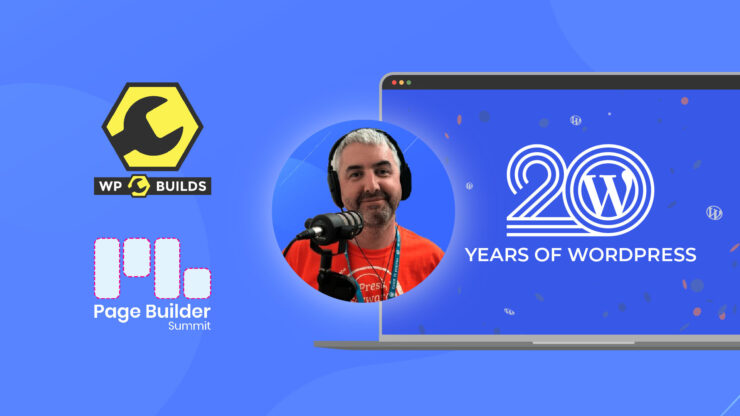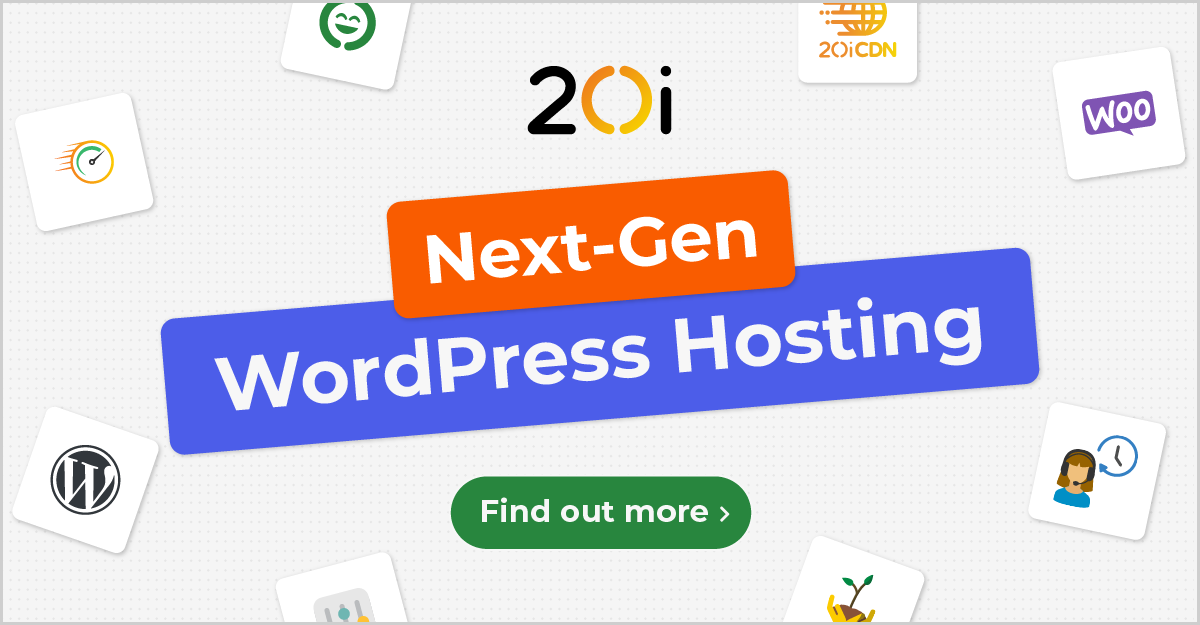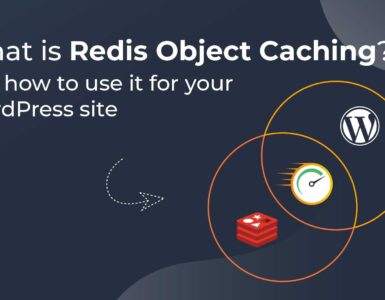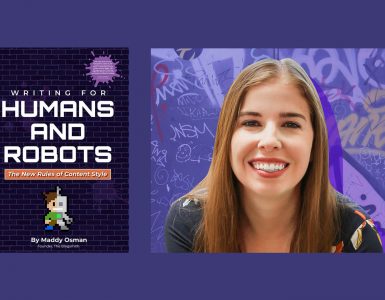Nathan is a co-founder of the hugely popular WordPress-themed podcast ‘WPBuilds‘ and the excellent online conference ‘Page Builder Summit‘.
It’s safe to say Nathan is deeply ingrained in the WordPrtess community and has a unique insight in to why it is so popular.
Nathan was kind enough to let us interview him and find out more about his history with WordPress, the challenges of launching and running an event like Page Builder Summit and how he approaches creating new content regularly for his podcast.
Can you tell me a bit about your history with WordPress and how you got started with it?
I started using WordPress probably around 2014, 2015, something like that. Prior to that, I had been writing in HTML at the very beginning, and then when CSS came along, started to drop the use of tables, forgive the pun, and instead moved to using CSS and then discovered CMSs.
In my case, it was initially Drupal and Magento, and then when Drupal moved over to Drupal eight, I think that was about 2014 or 15, I decided to give another CMS a try, and I settled on WordPress, primarily because of the fact that it was growing in popularity and the interface was so simple and straightforward to use, and I’ve been using it ever since then for literally a hundred percent of my work.
Why do you think WordPress has become the dominant tool for building and managing websites?
Well, it alludes therefore to some of the things I said just a moment ago. I think the interface is so straightforward, it’s really easy for people to understand, and now that we have the block editor and the fact that you can get an approximation to WYSIWYG, what you see is what you get, inside of the editor. I think that is going to make the platform much more easy to use.
Dominant, I’m not sure why it’s become dominant. I think if you replayed the universe, who knows what would’ve happened. But it was a concoction of the people using it. Clever marketing probably. And also the fact that it was simple to use and it was easy on the eye. It was a really, really nice UI back in the admin, back in the day.
What is the Page Builder Summit and what inspired you to launch it?
Okay. This question’s related to something that I’m doing. So the Page Builder Summit, we’ve had our fifth version of it. It’s an online event in which we bring together 30 or 40 presenters.
Typically, it’s run twice in each year. We’ve had 2023s, first iteration, and we’ll have another one later in the year, maybe around September, something like that. And we bring experts together. And we have an online summit for one week. They prepare videos, and those videos we show it’s free to attend.
And the idea is that it allows you to upskill yourself in all sorts of different ways. Now it’s called the Page Builder Summit.
So you may think it’s only to do with actually putting pixels onto the page and using a page builder. But we go a bit broader and deeper than that.
We have talks on marketing. We have talks on SEO, we have talks on design and presentations.
This year we had one about setting up your email, correctly. So DKIM and SPF and all of that kind of stuff. So yeah, that’s what it is.
That’s what we do. And there’ll be another one later in the year.
Is there anything you do differently based upon what you’ve learned since launch?
The honest answer to that is that I don’t tend to dwell on the past too much.
The decisions that I made in the past were the decisions that I thought were best at the time, and I’m not really one for introspection on that level too much.
So the answer to that question is probably, no, there isn’t a great deal I’d do differently.
I mean, it would be nice to, I guess in the case of the podcast that I run, it would be nice to have a bigger audience, but that’s never not going to be the case.
It would always be nice to have a bigger audience. But no, I think there’s not a great deal that I would change.
I’m very happy with the way things have worked out.
Was there a eureka moment when you realized that the event was really taking off?
So I guess this is relating back to the Page Builder Summit again. No, not really. We were very lucky in that it was successful from the very first time we ran it.
Although it’s been growing and growing, the first iteration, so the Page Builder Summit version one, if you like, was successful out of the gate.
I think the collision of Covid and the fact that there were people in lockdown and they wanted to have these online events really did help.
But no, there wasn’t a particular moment. I guess after the first Page Builder Summit had run and we looked at the stats and the attendance figures and all of that.
That probably was the eureka moment where we thought actually that was, that was worth all the hard work that was put into it.
I should shout out that my co-host for the Page Builder Summit, Anchen le Roux does an awful lot of the work. So she should be praised, for making it a success.
You also run the hugely popular WP Builds podcast. How do you approach content ideation and creation for the podcast, and what kind of content do you think resonates the most with your audience?
So all I do for that really is to, I just keep a very close eye on the WordPress community.
I lurk in all sorts of different places. My RSS feed is extremely full and I read a lot. And when something peaks my interest, I typically reach out to the person, people who are behind that project, plugin, theme, block, initiative, community event, whatever it may be. And I ask them to come on the show.
So the ideas are largely based upon what’s happening right now, and there’s a, there’s always a few hot topics going on.
There might be some WP drama. But really it’s just keeping a close eye on a whole different variety of media outlets and RSS feeds and things like that.
Do you have any go-to plugins you find yourself using time and again?
Yes, definitely.
There aren’t too many of them, but I use an SEO plugin all the time. I use, a custom fields plugin. In my case it’s ACF, but I have dabbled with Pods.
I typically install an SMTP plugin on every website just to manage that. And that’s really about it.
Beyond that, nowadays, I used to install page builders because I really enjoyed that whole thing. Now I’m experimenting a little bit more with full site editing and blocks, and so
things like Generate Blocks and Kadence Blocks and Stackable, they are featuring more heavily in the work that I do.
How do you see the Page Builder Summit evolving in the future?
Well, in all honesty, I think we’ve got a nice formula down.
The community that we’ve gathered around the event is very welcoming and warm. We get a lot of engagement.
The intention really isn’t just to grow it at all costs. So the idea isn’t to just hit your email inbox every five minutes with new announcements.
It’s just fostering the community that we’ve got. Creating new and engaging content.
Mostly twice a year, and then putting that out on a regular basis and just growing it organically. We did experiment with Facebook ads, but I think we’ve abandoned that.
And now really it’s just about word of mouth and using our social accounts to spread the word.
And, yeah. I think the evolution is not going to be too remarkable in terms of the way the platform works, the way the event works. I think we’re very happy with the way it’s set up.
Now it’s more about just keeping it going and keeping the content fresh.
It can be intimidating trying to enter a well-established community like WordPress. What advice would you give to anyone who wants to launch a newsletter, blog, podcast, community event, et cetera, in the WordPress space, or about WordPress?
I would say just be a good citizen.
Make sure that you are, you know, you’re not getting engaged in bun fights with people about things which ultimately, at the end of the day, don’t really matter.
I suppose it’s about hanging out. Making sure that people know that you are there. Being the person that listens.
Getting a form up there and replying to all the requests and engaging with the audience.
We set up a Facebook group back in the day and that helped grow the audience because we were able to answer questions and talk to the community that we were gathering.
And so yeah, those kind of things.
I think really it’s just about staying power. In my case, we’ve put the podcast out every single week, pretty much.
I run the podcast with a good friend of mine, David Waumsley, and we don’t really miss too much in terms of episodes.
We maybe take a break for Christmas, and so I would say consistency is good. Showing up to events, whether that’s online or in the real world, that can help as well.
What are your thoughts on the future of WordPress and how do you see the platform evolving over the next few years?
I’m always reluctant to answer questions like this because the truth, honestly is, I have no idea.
But my spidey sense, my intuition, would be that there’ll be a lot more evolution in terms of full site editing and blocks.
So, for example, an improved navigation block. More understanding and tutorials in the space about how to build your own site. And probably some commercial plugins coming in and commercial blocks coming in, which enable us to interact with the block editor.
And in that way, hopefully improve the way that WordPress works.
I’m very excited about phase three of the Gutenberg project, which is, collaboration.
So think Google Docs. I think that’s going to be a really interesting enterprise. Certainly in my case because I work largely by myself, there’s not really going to be a great need for that.
But I can see across teams that use documents, things like Google Docs, where it’s important to see what other people have done without having to email things to each other.
Then this is going to be really good. I’m not sure how that’ll play out in terms of collaboration, on site design and all of that, but yeah, we’ll have to see.
And then obviously multilingual in the years to come. I guess it’s getting more and more tricky. When I joined, it was very straightforward.
You had to understand a little bit of php, understand the templating system for WordPress and html, css.
That was about it. Little bit of JavaScript maybe.
But now I feel that the barrier to entry may be creeping up a little bit, and just the new people that are coming along probably have to learn new technologies, React and so on.
And so yeah, I guess the whole platform as a whole is going to become much more JavaScript based.
But there’s all sorts of talk at the moment, isn’t there, about flattening websites, static sites, . Headless, and all sorts of different ways. And it’ll be very interesting in the future to see how it all goes.








Add comment